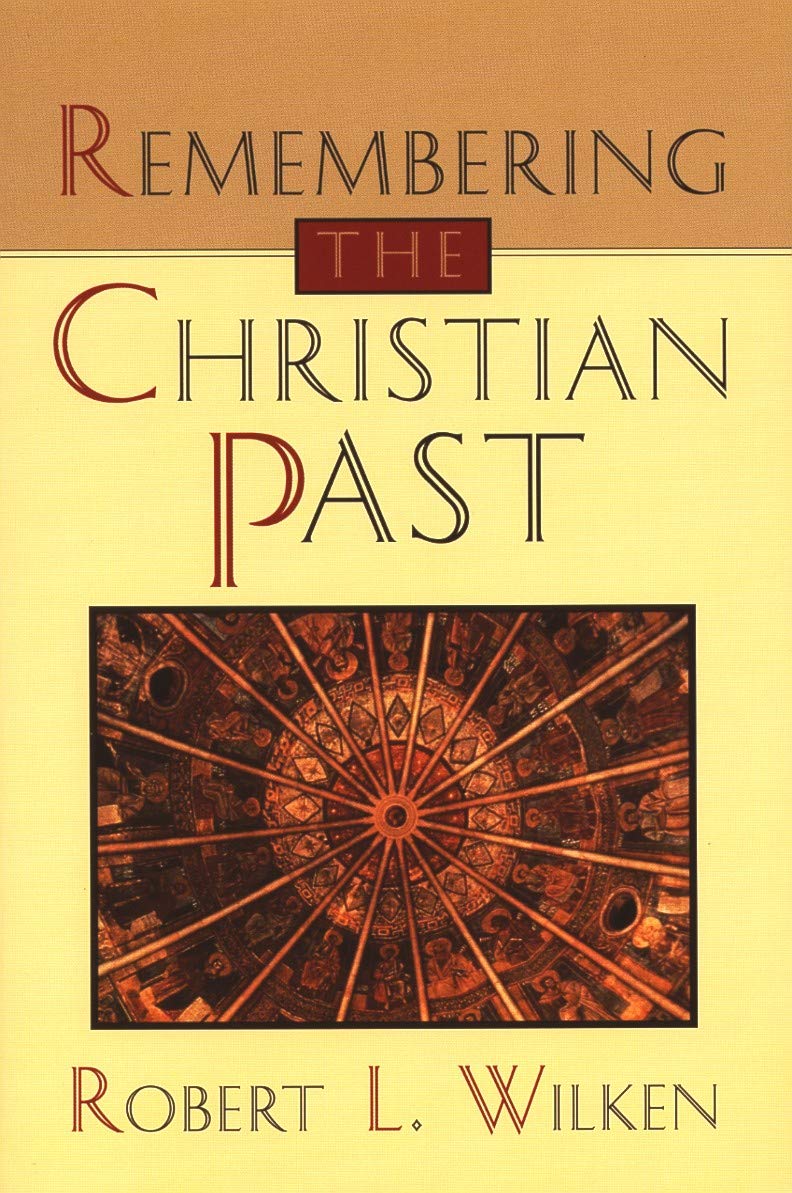
“A pernicious feature of Christian discourse in our day is its tentativeness, the corrosive assumption that everything we teach and practice is to be subject to correction by appeals to putative evidence, whether from science, history, or the religious experience of others. Nicholas Wolterstorff and Alvin Plantinga call this the evidentialist fallacy, the claim that it is not rational for a person to be a Christian unless he ‘holds his religious convictions on the basis of other beliefs of his which give to those convictions adequate evidential support.’ In this view, one’s religious beliefs are to be held ‘probable’ until evidence is deployed from elsewhere to support and legitimate them. The ‘presumption of atheism’ must be the starting point of all our thinking, even about God.
“One way of responding to this line of thought has been to offer arguments for the existence of God based on what is considered evidence acceptable to any reasonable person. Conventional wisdom has had it that proof of the existence of God has to be established without reference to the specifics of Christianity (or Judaism) or to the experience of the church. Atheism is to be countered by a defense of theism, not of Christian revelation. But this strategy has failed. In his book At the Origins of Modern Atheism, Michael Buckley helps us to understand why. To defend the existence of God, Christian thinkers in early modern times excluded all appeals to Christian behavior or practices, the very things that give Christianity its power and have been its most compelling testimony to the reality of God. Arguments against atheism inevitably took the form of arguments from nature or design, that is, philosophical arguments without reference to Christ, to the sacraments, to the practice of prayer, to the church. Buckley’s book is an account of how this came to be, but within its historical description is to be found an argument that the ‘God defined in religion cannot be affirmed or supported adequately . . . without the unique reality that is religion.’ Or, to put the matter more concretely: ‘What God is, and even that God is, has its primordial evidence in the person and in the event that is Jesus Christ.’
“What has given Christianity its strength as a religion, as a way of life, and as an intellectual tradition is that it has always been confident of what it knows and has insisted from the very beginning, again to cite Origen, that the ‘gospel has a proof which is peculiar to itself.’ This phrase occurs at the very beginning of Origen’s defense of Christianity to its cultural despisers, his Contra Celsum. Celsus, a Greek philosopher who lived in the second century, had said that the ‘teaching’ that was the source of Christianity was ‘originally barbarian,’ which meant that Christianity had its origins in Judaism. Origen grants the point and even compliments Celsus that he does not reproach the gospel because it arose among non-Greeks. Yet Celsus adds a condition. He is willing to accept what Christians have received from barbarians as long as Christians are willing to subject their teaching to ‘Greek proof,’ that is, to measure it by Celsus’ standards as to what is reasonable. Celsus believes that ‘the Greeks are better able to judge the value of what the barbarians have discovered, and to establish the doctrines and put them into practice by virtue.’ This is presumptuous, says Origen, for it implies that the ‘truth of Christianity’ is to be decided by a criterion external to itself; but, he continues, the ‘gospel has a proof which is peculiar to itself and which is more divine than a Greek proof based on dialectical arguments.’ This more ‘divine demonstration’ St. Paul (1 Cor. 2:4) calls ‘demonstration of the Spirit and of power.’
“Insisting that the gospel has a ‘proof peculiar to itself’ did not mean that Christian thinking ignored the claims of reason, dismissing questions that arose from history or experience or logic. In discussions with Greeks, Christian thinkers presented the new faith not only by reference to the Scriptures but also by appeal to classical literature and general conceptions, ‘common ideas’ that they shared with other educated men and women. Critics tried to brand the Christians as mere ‘fideists,’ but the charge rang hollow. From the beginning, Christians heeded the claims of reason, and it did not take long for their adversaries to learn that they were able to match them argument for argument. Pagan thinkers had no franchise on rationality. The existence of a serious dialogue between Christians and Greek and Roman philosophers, conducted at the highest intellectual level for over three centuries (the mid-second century to the mid-fifth), is evidence that Christian thinkers did not supplant reason by faith and authority. The assertion that the gospel had a ‘proof peculiar to itself’ was not a confession of unreasoning faith but an argument that commended itself to thoughtful men and women.”
— from Robert Louis Wilken, Remembering the Christian Past (Eerdmans, 1995)